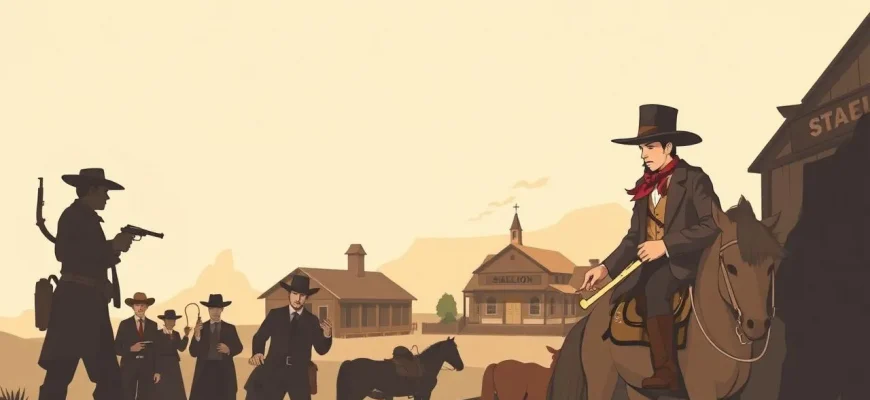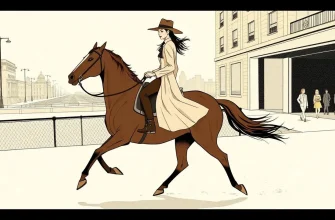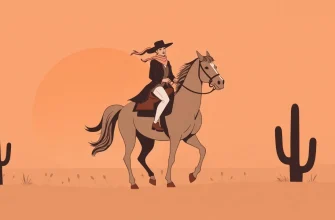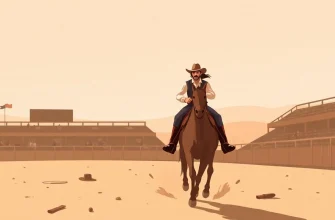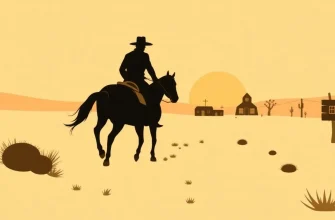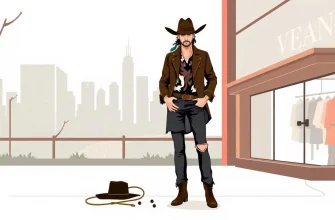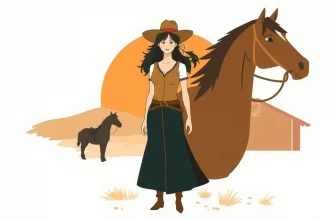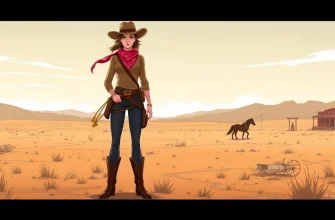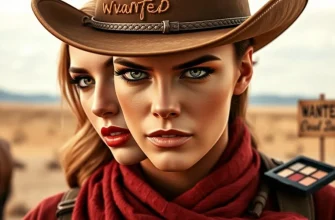The Wild West is often portrayed as a lawless land, but beneath the rough exterior, there lies a code of conduct, a set of manners that define the characters. This curated list of 10 Western films delves into the intricacies of etiquette, chivalry, and the unwritten rules that governed the behavior of cowboys, outlaws, and townsfolk alike. From the refined to the rugged, these films offer a fascinating look at how manners shaped the West, providing both entertainment and insight into a bygone era.

Stagecoach (1939)
Description: Stagecoach brings together a diverse group of passengers, each with their own manners and social standing, highlighting the etiquette of travel and interaction in the Old West.
Fact: This film launched John Wayne's career and was one of the first to use Monument Valley as a backdrop, setting a standard for Western cinematography.
 Watch Now
Watch Now 
High Noon (1952)
Description: High Noon is a study in personal integrity and the moral code of a man standing alone against the town's collective cowardice, showcasing the manners of honor and duty.
Fact: The film was shot in real-time, with the entire story unfolding in the 85 minutes before noon.
 Watch Now
Watch Now 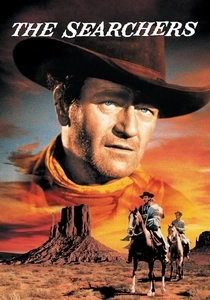
The Searchers (1956)
Description: This epic Western explores the manners of family, race, and revenge, with Ethan Edwards embodying the complex etiquette of the frontier.
Fact: The film is often cited for its influence on the Western genre and its portrayal of racial themes.
 Watch Now
Watch Now 
The Magnificent Seven (1960)
Description: This film showcases the camaraderie and unspoken codes of conduct among a group of gunslingers, highlighting the manners of teamwork and sacrifice in the face of adversity.
Fact: The film was inspired by Akira Kurosawa's "Seven Samurai," and its theme song became a classic in its own right.
 Watch Now
Watch Now 
The Man Who Shot Liberty Valance (1962)
Description: This classic Western explores the clash between the old West's rugged individualism and the encroaching civilization, where manners and law become pivotal. The film showcases how a simple act of politeness can change the course of history.
Fact: This was John Ford's last great Western, and it was filmed in black and white to reflect the era's transition from the Old West to the modern age.
 Watch Now
Watch Now 
Butch Cassidy and the Sundance Kid (1969)
Description: While known for its humor and action, this film also touches on the manners of friendship, loyalty, and the changing times, as the outlaws navigate the end of the Old West.
Fact: The film was one of the first to blend Western with buddy comedy, and its theme song "Raindrops Keep Fallin' on My Head" became a hit.
 Watch Now
Watch Now 
True Grit (1969)
Description: While primarily a tale of revenge, True Grit also delves into the manners of the time, with the young Mattie Ross navigating the rough and tumble world with her own brand of Southern charm and determination.
Fact: The film was remade in 2010 by the Coen brothers, but the original is known for John Wayne's iconic performance, for which he won his only Oscar.
 Watch Now
Watch Now 
The Outlaw Josey Wales (1976)
Description: This film explores the manners of survival and the unwritten rules of the frontier, where Josey Wales lives by his own code, offering hospitality and protection to those in need.
Fact: Clint Eastwood not only starred in but also directed this film, marking a significant point in his transition from actor to filmmaker.
 Watch Now
Watch Now 
Unforgiven (1992)
Description: Unforgiven delves into the manners of justice, revenge, and redemption, showing how the West's harsh realities shape the behavior of its inhabitants.
Fact: Clint Eastwood won his first Best Director Oscar for this film, which also took home Best Picture.
 Watch Now
Watch Now 
3:10 to Yuma (2007)
Description: This remake focuses on the manners of honor, duty, and the moral dilemmas faced by both the lawman and the outlaw, showcasing the complex etiquette of the West.
Fact: The film was praised for its performances, particularly Russell Crowe and Christian Bale, and for its faithful adaptation of the original 1957 film.
 Watch Now
Watch Now 
